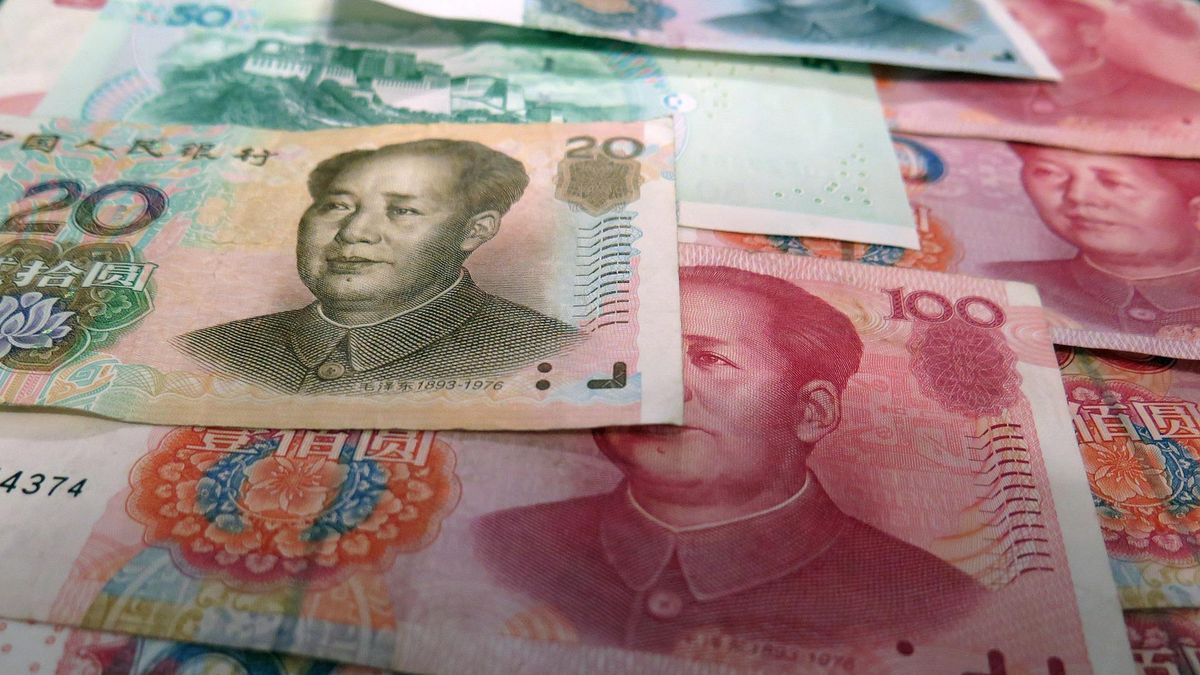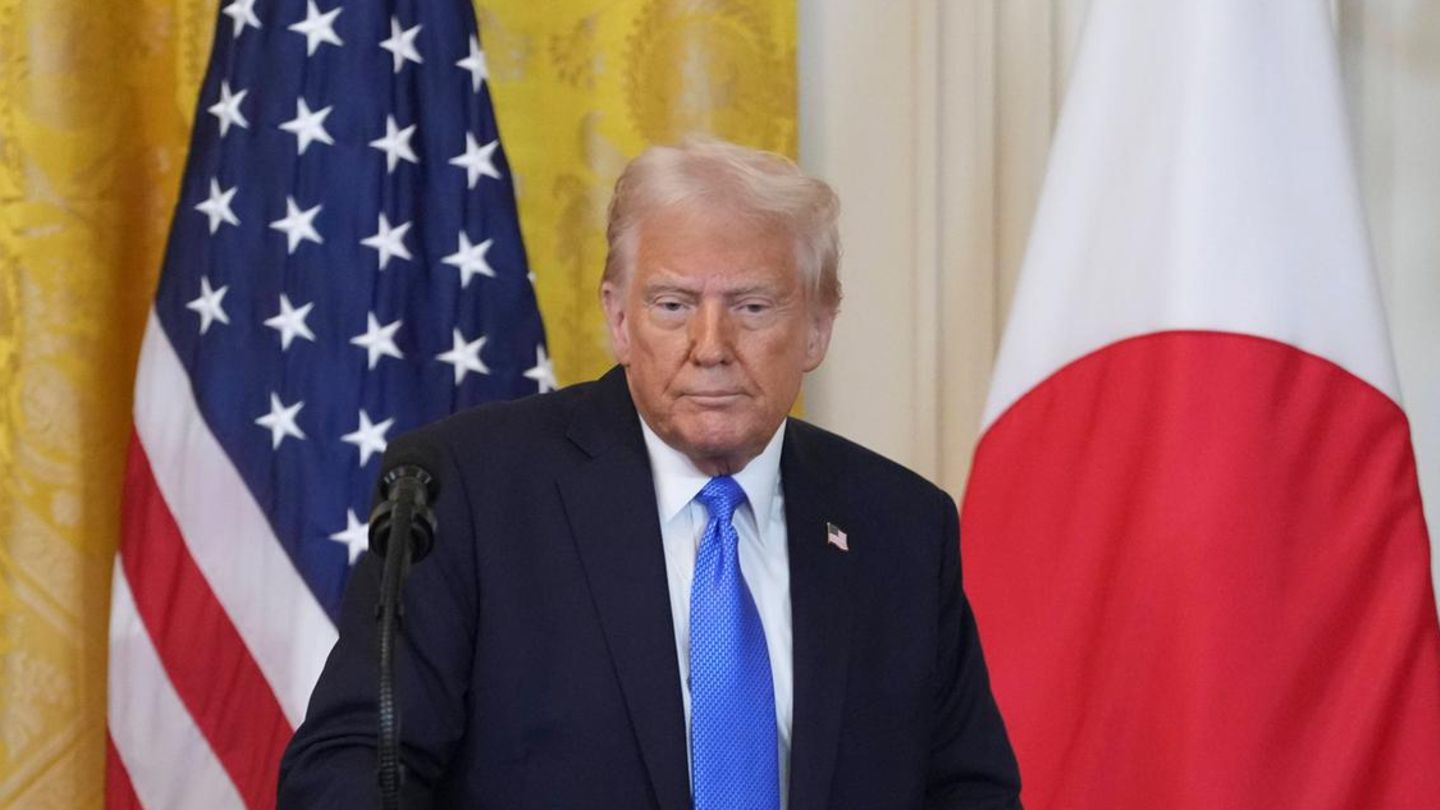At the local level, the reserves of the Argentine Central Bank have US$19.5 billion in yuan for which it pays China’s SHIBOR rate plus 3 points. For every point the yen devalues, reserves fall by $195 million. Until before the payments to the IMF, the yuan represented 52% of the reserves, but now that percentage has risen to 54%.
The yuan fell to 7.2301 per dollar, its lowest level since January 2008. One yuan was worth around 13.8 cents, down 15% from the peak in March this year.
On Wednesday, a deputy central bank governor, Liu Guoqiang, held a video conference with Chinese bankers and told them to “maintain basic exchange rate stability,” according to a central bank statement. He said Liu warned bankers not to bet the yuan would go up or down.
“Maintaining stability is the highest priority,” the statement said.
The yuan has beaten expectations that it could fall to 7 to the dollar after the Federal Reserve began aggressively raising rates to cool inflation that is at a four-decade high. The Fed has raised rates five times this year and says more hikes are likely.
On the contrary, The People’s Bank of China cut interest rates to boost growth that fell to 2.2% from a year earlier in the first six months of 2022, less than half the official target of 5.5%.
The yuan is allowed to fluctuate up or down 2% of its initial price each day in strictly controlled operations. That avoids big daily swings, but low days can add up to a big swing over time.
To prop up the exchange rate, Beijing cut the amount of foreign currency deposits that Chinese banks must hold as reserves from 8% to 6% from September 15. That increases the amount of dollars and other foreign currencies available to buy yuan. which should drive up the exchange rate.
Even so, That reserve cut is unlikely to stop a slide fueled by “a strong US dollar and the expectation of more hikes from the Fed.”ING’s Iris Pang said in a report.
“Talk of a less aggressive rate hike” could help the yuan recover, but it could weaken further “if the Fed maintains its very aggressive tone” over the next year, Pang wrote. Chinese officials previously vowed to avoid “competitive devaluation” to gain an advantage in trade.
The yuan sank in 2019 during trade tensions with then-President Donald Trump. That prompted suggestions that Beijing was trying to reduce the impact of US tariff increases, but there was no official confirmation. Subsequently, the currency strengthened.
Other governments are also struggling to manage capital flows under pressure from Fed rate hikes. On Friday, Vietnam’s central bank raised a key interest rate in what economists said appeared to be an effort to stop an outflow of money in search of higher yields.
Source: Ambito
David William is a talented author who has made a name for himself in the world of writing. He is a professional author who writes on a wide range of topics, from general interest to opinion news. David is currently working as a writer at 24 hours worlds where he brings his unique perspective and in-depth research to his articles, making them both informative and engaging.




